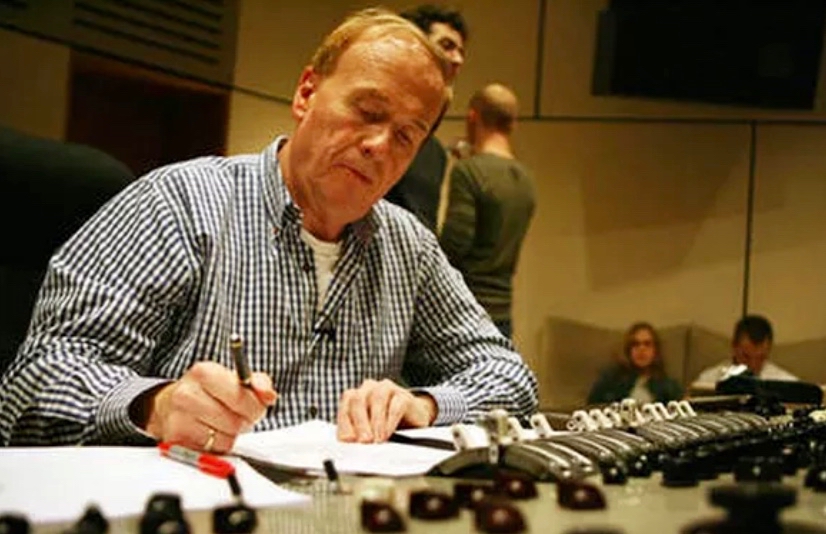
British recording engineer Geoff Emerick, best known for his work on the psychedelic-era Beatles albums, has died. He was 72.
Emerick died of an apparent heart attack Oct. 2.
The veteran Abbey Road (EMI) engineer worked the dials on the Beatles’ late-period masterpieces, including “Revolver,” “Sgt. Pepper’s Lonely Hearts Club Band” and most of “Magical Mystery Tour.”
While he had worked as an teenage assistant on many of the Beatles’ early hits such as “She Loves You” and “A Hard Day’s Night,” Emerick came into his own on the group’s more adventurous works.
Producer George Martin offered him the Beatles’ sound engineering job in 1966. The young man was eager to please the world-famous pop stars, and willing to break the rules at classical-music bastion EMI.
His first track as the group’s chief engineer was “Tomorrow Never Knows” (from “Revolver”). He recommended that John Lennon’s singing be processed through the revolving Leslie (organ) speaker, giving the vocals an otherworldly quality that the Beatle sought. Ringo Starr’s drums were recorded close and hot on the track, contrary to EMI dogma.
Emerick also was credited with creating the circus soundscape for Lennon’s “Being for the Benefit of Mr. Kite” (“Sgt. Pepper”). He worked the groundbreaking psychedelic single “Penny Lane” b/w “Strawberry Fields Forever.”
Paul McCartney wrote on his blog upon hearing of Emerick’s death: “He had a sense of humour that fitted well with our attitude to work in the studio and was always open to the many new ideas that we threw at him. He grew to understand what we liked to hear and developed all sorts of techniques to achieve this. … We spent many exciting hours in the studio and he never failed to come up with the goods.”
The recording engineer went on to record many of the British rock elite, including Jeff Beck, the Zombies, Kate Bush, Elvis Costello and Robin Trower.
He manned the board for at least two more psychedelic album classics, the Zombies’ whimsical “Odessey and Oracle” and Trower’s hard-rock “Bridge of Sighs.”
Emerick also worked on key solo recordings by McCartney, including “Band on the Run,” for which he won a Grammy. He also won for the engineering of “Sgt. Pepper” and “Abbey Road.”
The engineer walked out on the tension-filled sessions for the Beatles’ “White Album,” but returned for “Abbey Road.” He quit EMI and went to work for the Beatles’ Apple Corps.
Emerick also engineered the live worldwide television broadcast of “All You Need Is Love” in June 1967.
His 2006 book, “Here, There, and Everywhere: My Life Recording the Music of The Beatles,” proved controversial, especially for its harsh portrayal of George Harrison. It was criticized as blatantly pro-Paul McCartney, at the expense of his bandmates.
Emerick, who lived in Los Angeles in recent years, had a history of heart problems and wore a pacemaker. He stayed active lecturing about the Beatles and giving seminars on recording techniques.